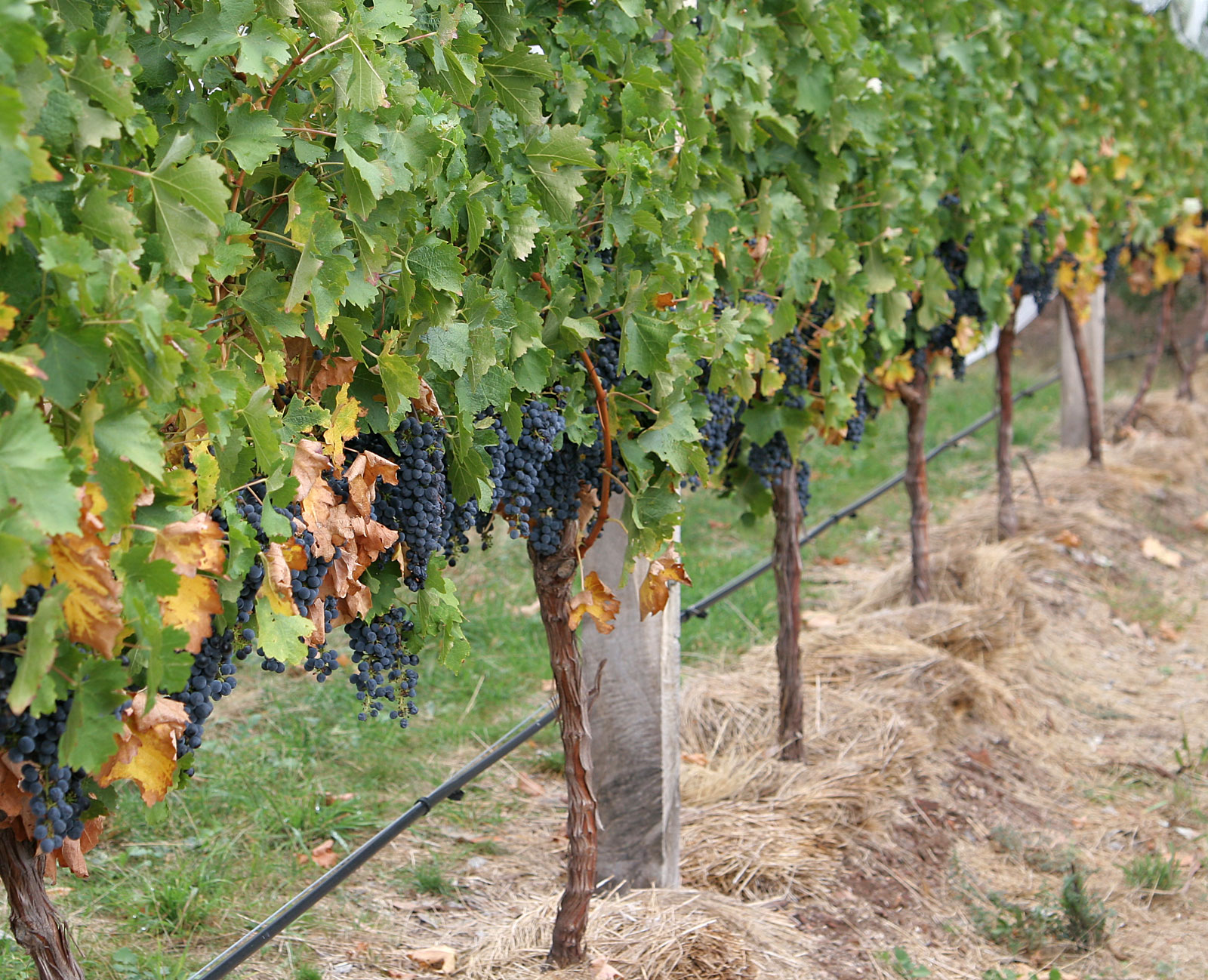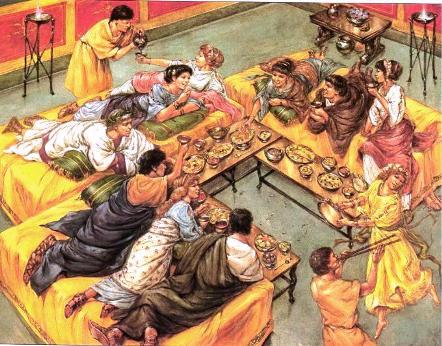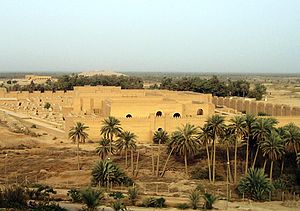 |
| Christ in Gethsemane (Christus in Gethsemane), oil painting by Heinrich Ferdinand Hofmann (Heinrich Hofmann). The original is at the Riverside Church (Riverside Church, New York City). (Photo credit: Wikipedia) |
John 17 begins with Jesus addressing
his Father. The prayer is a commitment to
see this to the end. Jesus wants the Father to glorify him so that the Father
will be glorified in this act of obedience and sacrifice. The Father and Son
are united in this and whatever glory is revealed in one also flows on and
through the other. He refers to the glory they shared before the world began,
and now he is opening the door for the Disciples to view this glory.
In verse 6 he returns to the need
and situation of the Disciples. The Disciples already belonged to God the
Father, but he gave them to Jesus, and Jesus now is returning them back to the
Father. The symbol of words is used here. The words he taught them came from
the Father, and the revelations he shared with them came by instruction from
the Father. Believing the words is the place where entering into God’s eternal
life takes place. At this point he was praying for the Disciples because the
whole plan of God depended on them when he was taken up.
He makes an amazing statement here:
He says that glory has come to him because of the disciples. They had begun the
life of obedience and fellowship that would be the lifeblood of the Church when
the Spirit comes. Jesus sent them back to the Father with confidence that they
would be protected by his name and sanctified by his truth. Jesus feels the
pressure of the arrest looming, and he knows the risk they will face in the
world without him. Now they must face that risk alone without him, but with the
Father’s help and grace he is ready to take the next step.
Beginning in verse 20, he prays for
the message the Disciples will deliver to yet unborn generations. He sees the
Disciples as the founding members of the Church and their disciples as the culmination
of the Father’s plan. Throughout the process Jesus claims the Father’s glory. The
unity he had with the Father before the world began will be the glorious
outcome as the Disciples are obedient and yielded to him. He envisions the
world knowing the love of God and surrendering to it so that all will be united
in love and in him.
I claim this prayer of Jesus as his
prayer for me as a believer who has come to know him through the words and
evangelistic efforts of the Disciples. In that thought, I enjoy a reflection of the glory Jesus prayed for us to receive and I revel in it.






